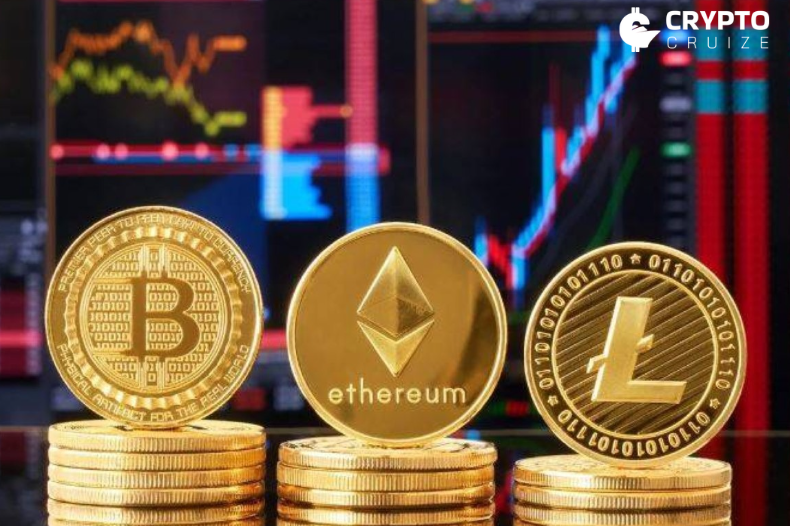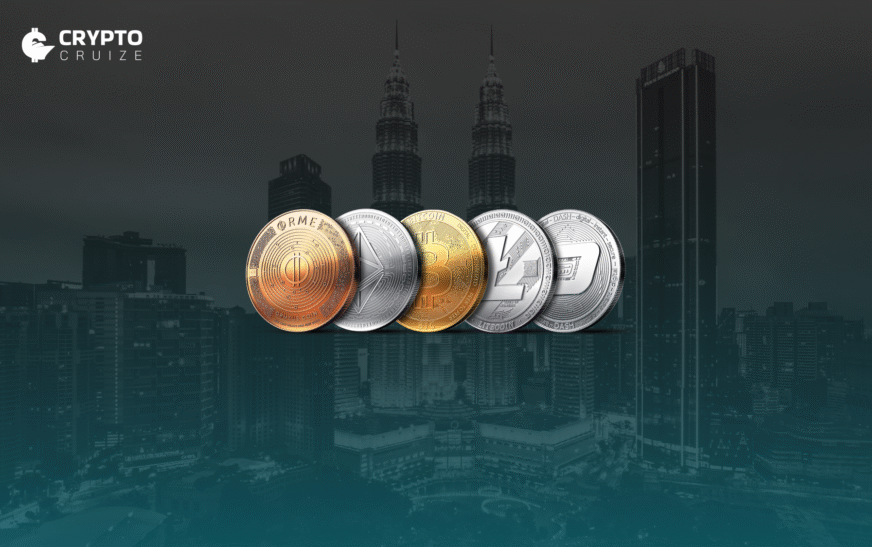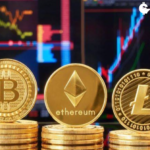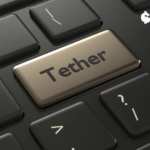Elon Musk’s artificial intelligence venture, xAI, has raised $10 billion in fresh capital to fuel its expansion, even as tensions between the billionaire and former US President Donald Trump escalate once again. The funding round places xAI in stronger competition with major players like OpenAI and Anthropic, and comes amid rising political noise over government spending and subsidies.
xAI Secures $10 Billion to Power AI Growth
Musk’s xAI has secured $10 billion through a combination of secured debt and strategic equity investments, according to a report by CNBC citing Morgan Stanley. The funds will be used primarily to expand the company’s Memphis-based Colossus supercomputer and advance the training of its AI chatbot, Grok.
The funding round was oversubscribed, attracting strong interest from global investors looking to back Musk’s AI ambitions. The latest investment round brings xAI closer to rival firms, such as OpenAI, which raised $40 billion at a $300 billion valuation earlier this year, and Anthropic, now valued at over $60 billion.

In a strategic shift earlier this year, Musk sold his social media platform X to xAI, fully integrating the Grok chatbot into the platform. The deal valued xAI at $80 billion, with X priced at $33 billion after deducting $12 billion in debt. Musk had originally acquired X (formerly Twitter) for approximately $44 billion in April 2022.
Musk-Trump Clash Escalates Over Government Spending
The announcement of xAI’s latest funding comes amid a renewed public spat between Musk and Donald Trump. On Tuesday, Trump posted on his social media platform, Truth Social, accusing Musk of having built his empire on taxpayer money.
He suggested that a new government agency, dubbed the Department of Government Efficiency (DOGE), should audit Musk’s businesses as a means of cutting federal costs. “No more rocket launches, satellites, or electric car production, and our country would save a FORTUNE,” Trump wrote. “Perhaps we should have DOGE take a good, hard look at this? BIG MONEY TO BE SAVED!!!”
Musk responded on X with a sharp rebuttal: “I am literally saying CUT IT ALL. Now.” His statement appeared to distance himself from government subsidies, though his companies have historically benefited from public funding in sectors like electric vehicles and space exploration.
Market Jitters as Political Tensions Rise
The rekindled feud between the two influential figures has raised concerns in financial markets. A similar clash in June reportedly led to a $150 billion drop in Tesla’s valuation, as investors reacted to uncertainties around government policy and potential regulatory pressures.
Musk, who has become increasingly vocal on political issues, has also been calling for electoral reform. He has criticised lawmakers who backed a recent spending bill and suggested they could face primary challenges. He has even floated the idea of launching a new political party to oppose what he views as excessive government spending.
Crypto Legislation Takes Centre Stage
As Musk and Trump’s war of words continues, Senator Cynthia Lummis has introduced a significant amendment to Trump’s tax and spending bill, aimed at reforming crypto taxation.
The amendment proposes to exempt digital asset transactions under $300 from taxes, with an annual cap of $5,000. It would also delay tax obligations on crypto earned through mining, staking, or airdrops until those assets are sold. In a move to reduce tax avoidance, the amendment would apply the 30-day wash sale rule to crypto assets, preventing investors from rapidly selling and rebuying tokens to claim tax losses.
Lummis’s proposal is seen as a win for crypto users and investors, particularly those who engage in regular, small-scale transactions or participate in decentralised finance (DeFi) ecosystems.

Earlier attempts by Senate Democrats to regulate crypto more strictly were rejected. One such amendment had sought to ban government officials and their families from owning or promoting cryptocurrencies, including memecoins and NFTs, for up to a year after leaving public office.
A Complex Future for Tech and Policy
As AI and crypto continue to evolve, the political and financial implications are becoming increasingly intertwined. With Musk pushing forward on both AI and digital innovation, and politicians like Trump and Lummis reshaping the regulatory landscape, the battle for technological dominance and its governance appears far from over.
Musk’s dual role as entrepreneur and political provocateur means both markets and governments will be watching closely as the AI race intensifies and the 2024 US election approaches.






















































